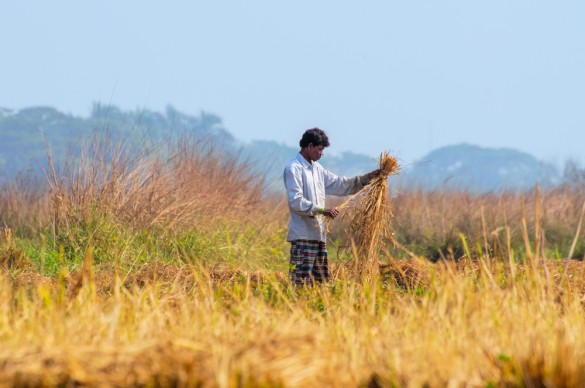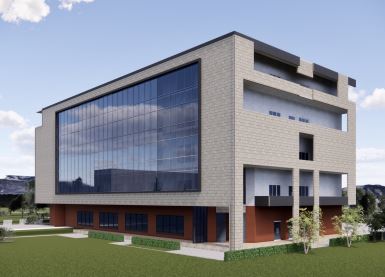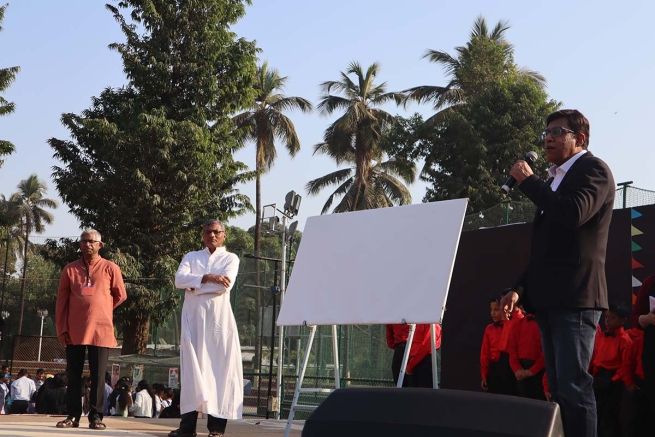INDIA: New Agricultural College Increasing Skill Level of India’s Agriculture Workforce

(MissionNewswire) With more than 1.2 billion people, India has the second largest population in the world, the fourth largest agricultural sector and is home to a third of the world’s poor, according to UNICEF. More than 400 million Indians live on less than a dollar a day and 212 million are undernourished. According to the United Nations Development Program’s human development index, India ranks near the bottom at 136 out of 186 countries.
Close to 217 million of India’s poor are children. Although more than 53 million people escaped poverty between 2005 and 2010, most remain vulnerable to falling back below the poverty line. India’s youth face a lack of educational opportunities due to issues of caste, class and gender. Almost 44 percent of the workforce is illiterate and less than 10 percent of the working-age population has completed a secondary education. In addition, too many secondary school graduates do not have the knowledge and skills to compete in today’s changing job market.
According to the International Labour Organization’s Global Employment Trends 2014 report, the unemployment rate in India has been gradually increasing since 2011 when the rate was at 3.5 percent. The rate rose to 3.6 percent in 2012 and again climbed in 2013 to 3.7 percent. The unemployment rate is expected to continue to grow in 2014, according the report.
To address the need for skills training and skilled labor for the country’s agricultural economy, the Don Bosco College of Agriculture in Chennai was inaugurated this October as the first Catholic College of Agriculture in India. Agricultural training on the 250-acre campus started over six decades ago when a group of Salesians started a small agricultural school to train rural youth in the basics of agriculture. Later, the school became an institute of agriculture offering two-year diplomas. With its recent certification as a college, the Don Bosco College of Agriculture offers undergraduate courses in agriculture and related fields and is now affiliated with the Tamil Nadu Agricultural University which has been rated as the best agricultural university in the country by the Indian Council of Agricultural Research. Sixty students began their studies at the new college this fall semester.
“Investing in agriculture education is vital to developing countries,” says Father Mark Hyde, executive director of Salesian Missions, the U.S. development arm of the Salesians of Don Bosco. “Teaching farmers innovative techniques to increase the production and sale of their products is essential not only to overcome hunger and poverty, but also to ensure overall economic growth for surrounding villages and cities.”
The college’s main focus is increasing the skill level of poor rural youth to make them employable. Although India ranks second in the world for farm output and its agriculture and allied fields account for 50 percent of the total workforce in the country, there remains a large percentage of agricultural workers who are unskilled in modern techniques which results in low productivity. Students at the college will learn new skills in agriculture and animal husbandry, horticulture and fruit growing and breeding cattle and sheep.
“Salesians have been working in India to provide educational opportunities to poor youth for many years,” adds Fr. Hyde. “Salesian technical and agricultural programs and other services educate youth and train them in the necessary skills to enhance their livelihoods and break the cycle of poverty.”
###
PHOTO: Rudra Narayan Mitra / Shutterstock.com
Sources:
Don Bosco India – First Catholic College of Agriculture in India Opened
International Labour Organization – Global Employment Trends 2014 Report
UNICEF – India




